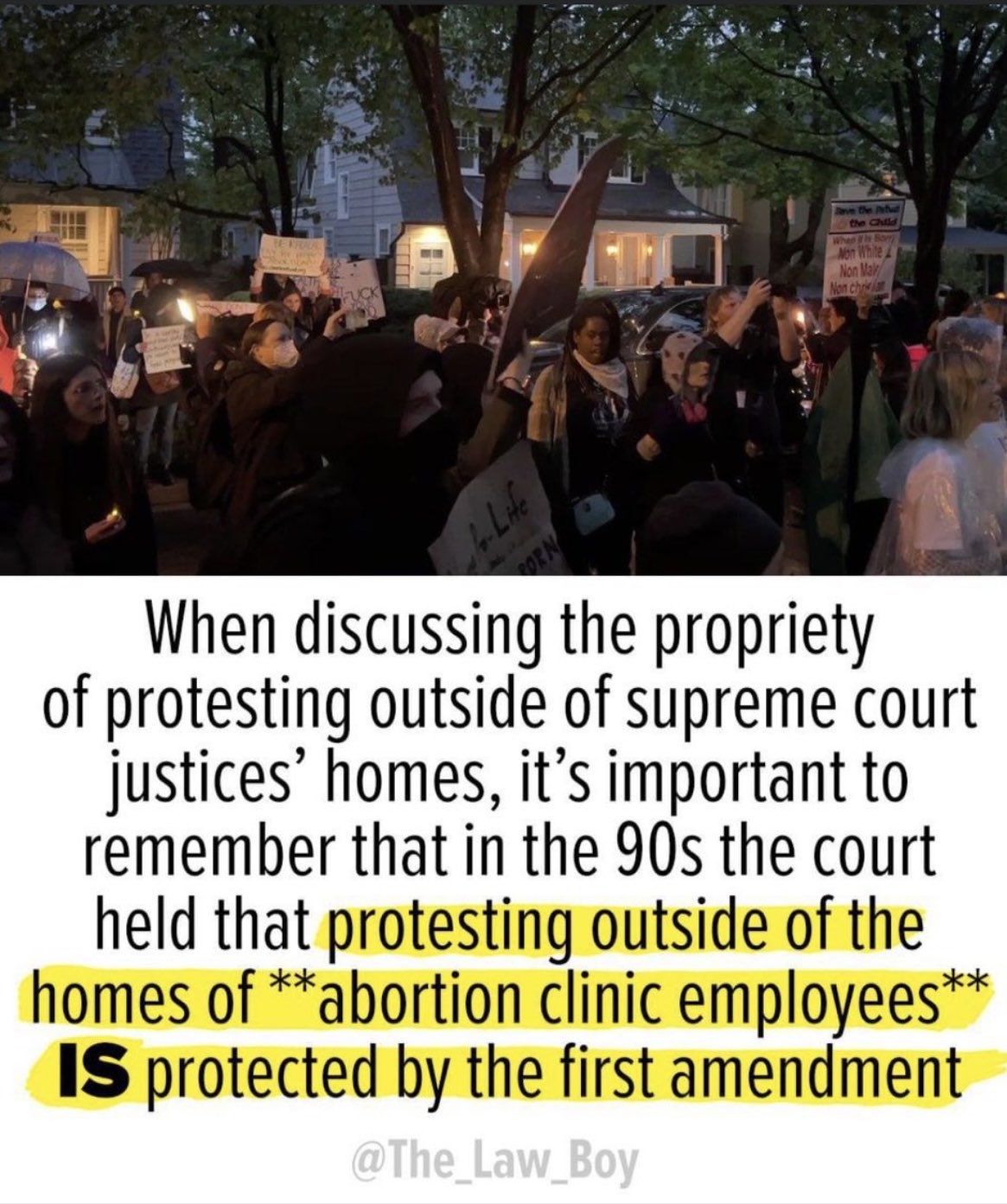Another 5th court decision, and I think the takes on this one might be more accurate, as on reading the decision what I get out of it so far seems to match the Slate reporter.
If this interpretation is accurate, and if this is applied across the board, no regulatory agency(such as the EPA or FDA) can impose any penalties without going through a jury trial first, and it seems like every law is going to have to be exactly worded and interpreted to the letter, even if it makes no sense(which is one of the reasons regulations exist - they explain HOW a given law is enforced). Loopholes galore, and good luck getting congress to fix them. If this gets pushed to the Supreme Court(and it may, if the implications are accurate) given the current makeup I'd expect this to stand.
That's what I and others seem to be getting out of it, anyways. For my part (1) suggests that no regulatory agency can adjucate penalties anymore if a regulation is breached, and will have to bring it before a jury, as the point seems to be that in-house adjucation is unconstitutional. And (2) pretty much says that writing regulations is a legislative action, and Congress must now account for every scenario when writing their laws, rather than delegating it to regulation writers, and only those can be enforced. (3) I can't really say anything about as I don't know what that's referring to.
(And I do have to say that in a vacuum I can see why they'd bring up points 1 and 2, but ignoring that it apparently goes against settled case law according to the dissent, it also relies on Congress actually fully thinking things through and doing their job fully, and introduces a greatly increased workload on the court system, not to mention the fun of trying to explain advanced finance concepts to a jury that doesn't understand them)

